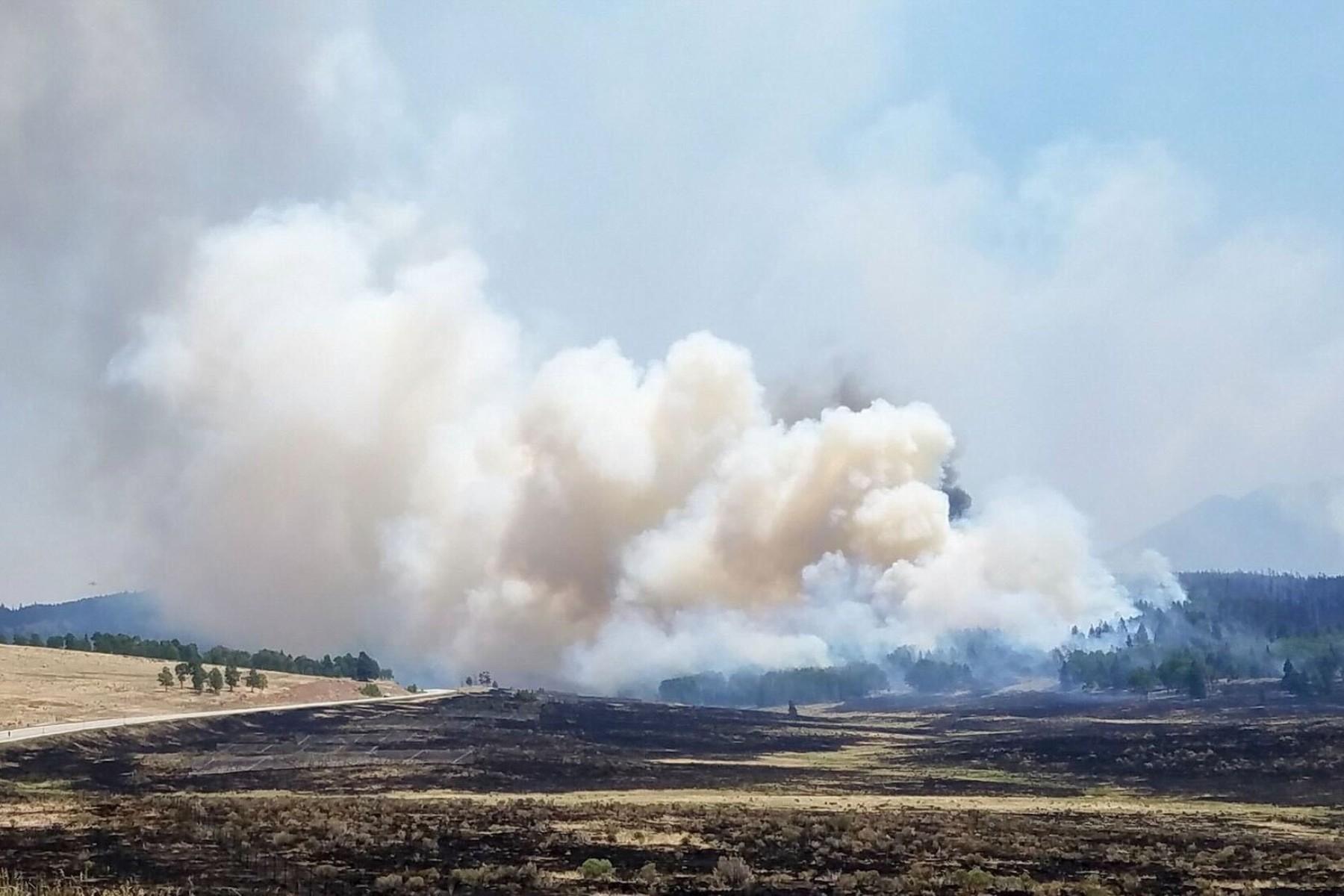
A new Colorado law aims to protect pollinators, a critical component of the state's ecosystems and agriculture.
The legislation reclassifies pollinators such as bees and butterflies as wildlife, which represents a significant shift in how these creatures are managed and conserved within the state.
Pollinators are essential for the fertilization of plants, making them not only vital for maintaining the beauty of Colorado's parks and gardens but also critical to the state's agricultural economy.
Crops such as alfalfa and apples, which are among Colorado's top agricultural exports, depend heavily on pollination. The economic value of the pollination services provided by these creatures is estimated to be worth billions of dollars annually.

However, studies have shown a significant decline in pollinator populations due to factors such as climate change and habitat loss, which raised concerns for lawmakers.
Prior to this law, pollinators in Colorado were not classified as wildlife, which limited the state's ability to direct resources towards their conservation. The reclassification allows Colorado Parks and Wildlife to make land management decisions based on pollinator conservation and establishes pollinator-related staff positions.
Deryn Davidson, Colorado State University Extension sustainable landscape state specialist, noted that while the law marks a significant step forward, it will be years before Coloradans see any significant change in pollinator populations.
“It's happening and this is wonderful, but a lot of damage has been done and so it will take time to turn that around. But this is just such a huge piece of being able to turn that around and create more habitat for the pollinators.”

While Davidson expects much of the work will happen on public lands in Colorado, she also emphasized the role that individuals and communities can play in supporting pollinator conservation. By creating pollinator-friendly habitats, reducing water usage, and planting native flowers, residents can contribute to the overall effort to protect these essential species.
“We are a part of natural systems. Even if we live in cities, we can still contribute to making more sustainable choices and having a positive impact on the land around us.”
The new law comes after the state paid for a team of scientists, including Davidson, from Colorado State University Extension and other Colorado institutions to study and consolidate decades of research. The team identified five priorities in order to help pollinators bounce back:
- Protect imperiled native pollinating insects.
- Protect, restore and connect pollinator habitats.
- Mitigate environmental changes that negatively impact pollinators and their habitats.
- Reduce the risks from pesticides to pollinating insects.
- Monitor and support native and managed pollinator health.
Editor's note: This story has been updated to clarify that several academic institutions contributed to the research study, in addition to CSU.









